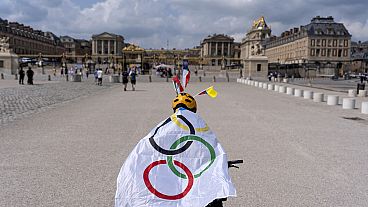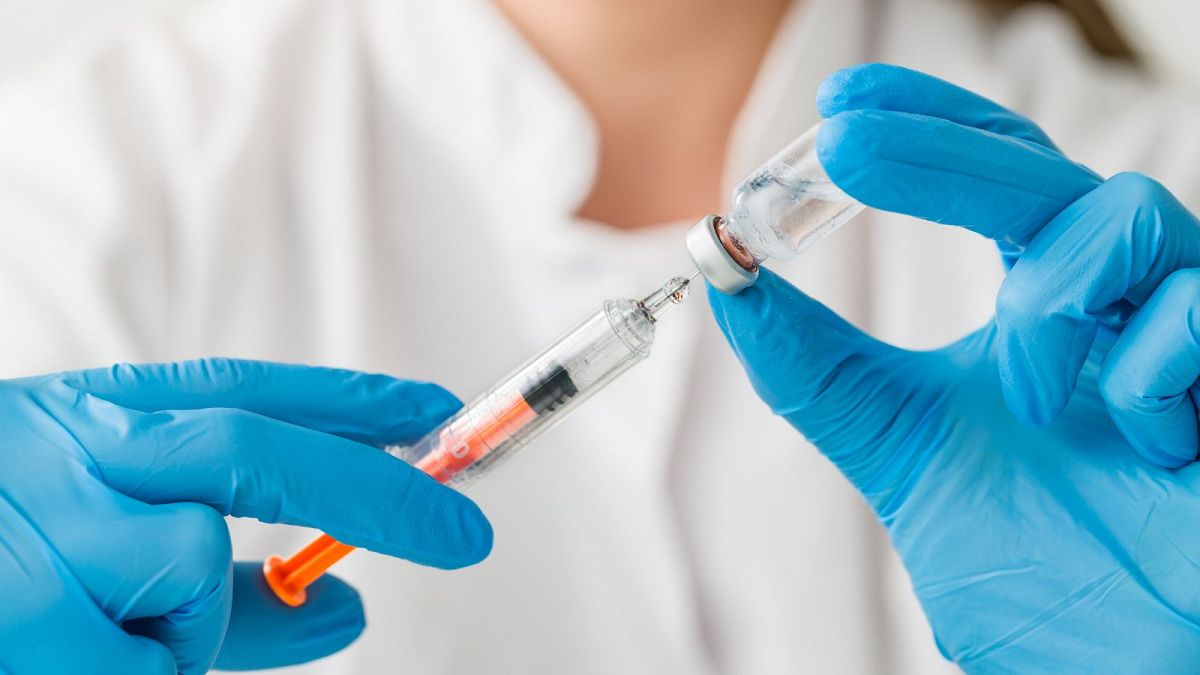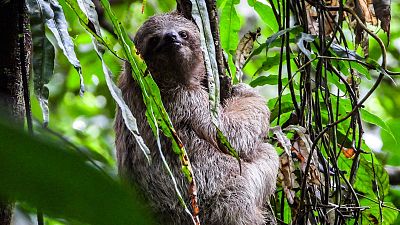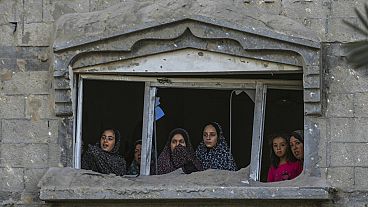A lung cancer patient in the UK has become one of the first to participate in a groundbreaking trial for the world's first vaccine against the disease.
A patient in the UK is among the first Europeans to participate in a groundbreaking global trial for a lung cancer vaccine.
Lung cancer is the leading cause of cancer death worldwide, responsible for approximately 1.8 million deaths in 2020.
Of these, nearly a quarter of a million people - around 230 700 - are from the EU alone, representing nearly one in five cancer deaths in the region.
The vaccine, known as BNT116 and developed by BioNTech, utilises messenger RNA (mRNA) technology - similar to some COVID-19 vaccines - to help the immune system recognise and attack cancer cells.
The world-first jab is designed to target non-small cell lung cancer (NSCLC), which makes up 85 percent of all lung cancer cases.
It works by presenting the patient’s immune system with information about common tumour markers associated with NSCLC.
This specific targeting aims to destroy cancer cells while minimising damage to healthy cells, in contrast to the effects of chemotherapy.
"The strength of the approach we are taking is that the treatment is aimed at being highly targeted towards cancer cells. In this way we hope that in time we are able to show that the treatment is effective against lung cancer whilst leaving other tissues untouched," Dr Sarah Benafif, who is leading the delivery of the study, said in a statement.
This ground-breaking study will involve about 130 patients with various stages of NSCLC, ranging from early stages before surgery or radiotherapy to late-stage disease, across 34 research sites in seven countries.
As well as the UK, the trial is being rolled out in four other European countries - Germany, Spain, Poland, and Hungary - as well as the United States and Turkey.
"We hope this will provide an opportunity to further improve outcomes for our NSCLC patients, whether in the early or advanced stages," Professor Siow Ming Lee, who leads the UK study, said.
'Revolutionary' vaccine providing hope
Janusz Racz, a 67-year-old scientist from London, is the first participant in the UK to receive the new experimental vaccine.
Diagnosed with lung cancer in May, Racz began undergoing chemotherapy and radiotherapy soon after.
In a recent statement, he said he was hopeful that the vaccine would provide defence against cancer cells, adding, “I also thought that my participation in this research could help other people in the future and contribute to making this therapy more widely available”.
Racz, who specialises in artificial intelligence (AI), noted that his scientific background encouraged him to take part in the trial.
"As a scientist myself, I know that science can only advance if people agree to participate in programmes like this. I work in artificial intelligence, and I am open to trying new things. My family did research about the trial too, and they supported me taking part," he said.
Dame Cally Palmer, NHS England’s national cancer director, stated that testing cancer vaccines could be "revolutionary" in preventing the recurrence of the disease by vaccinating individuals against their own cancers.
"A cancer diagnosis is very worrying, but access to groundbreaking trials – alongside other innovations to diagnose and treat cancers earlier – provides hope," Palmer said.
"We expect to see thousands more patients taking part in trials over the next few years".















